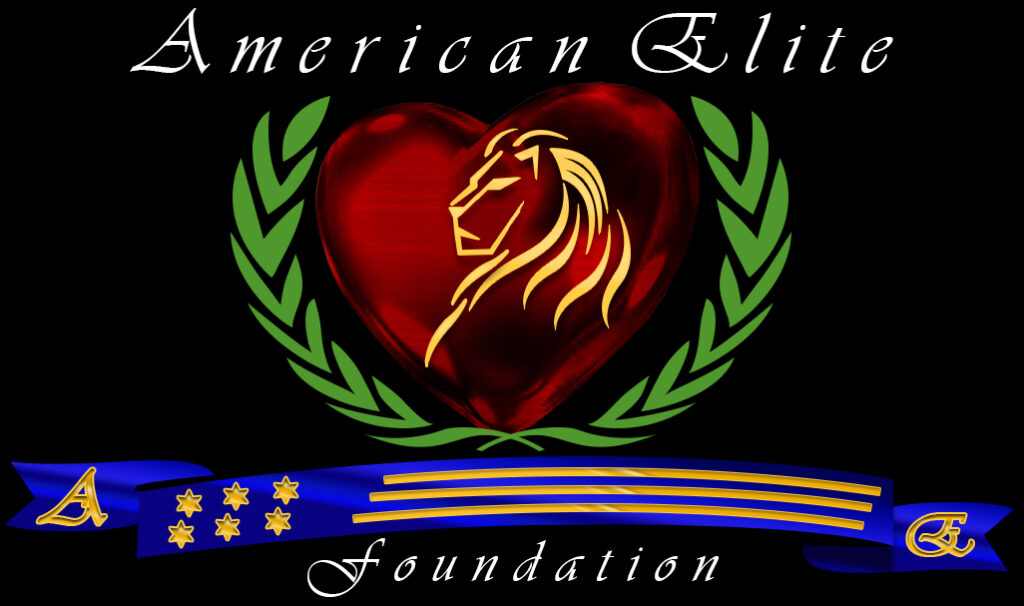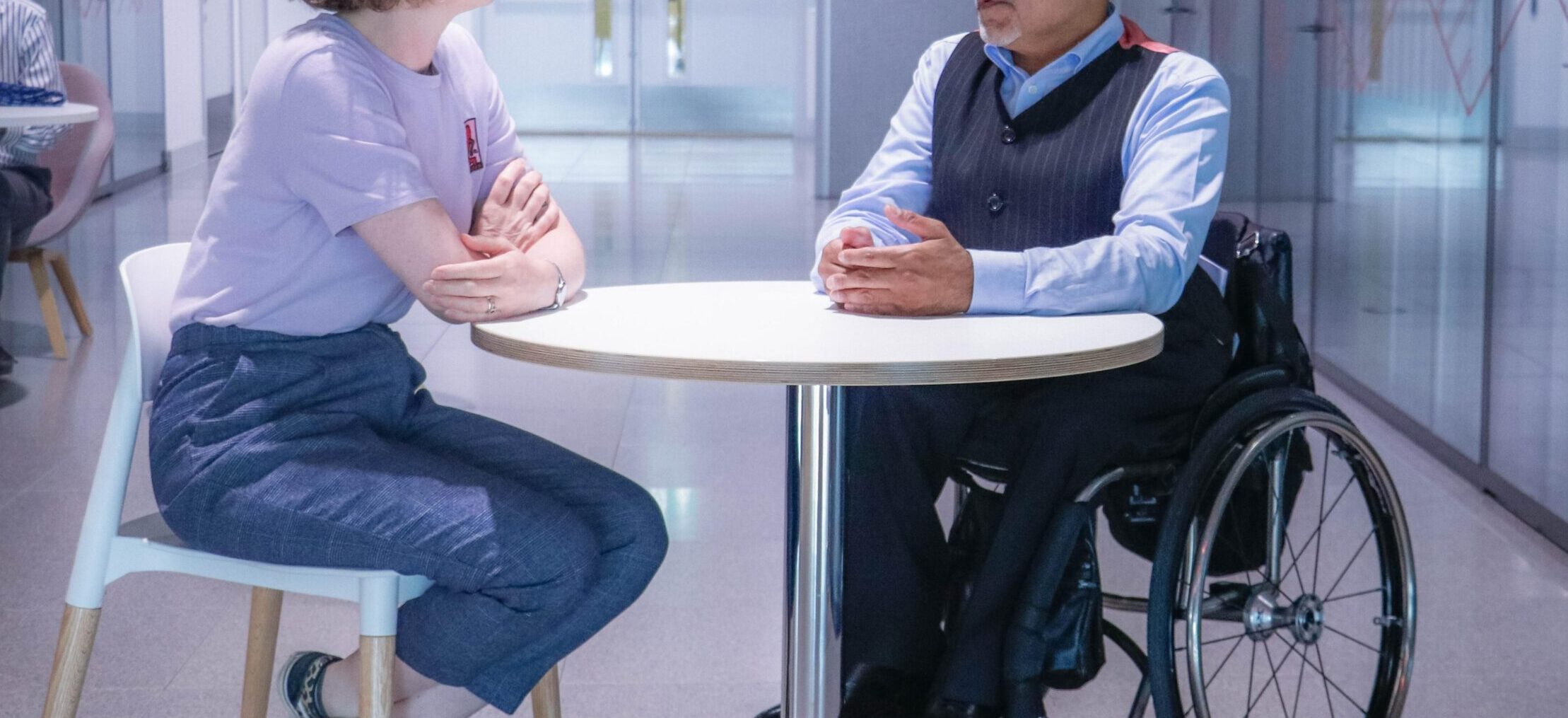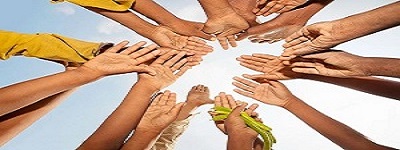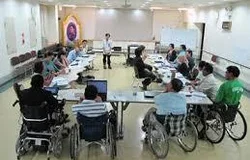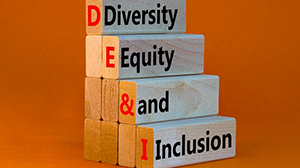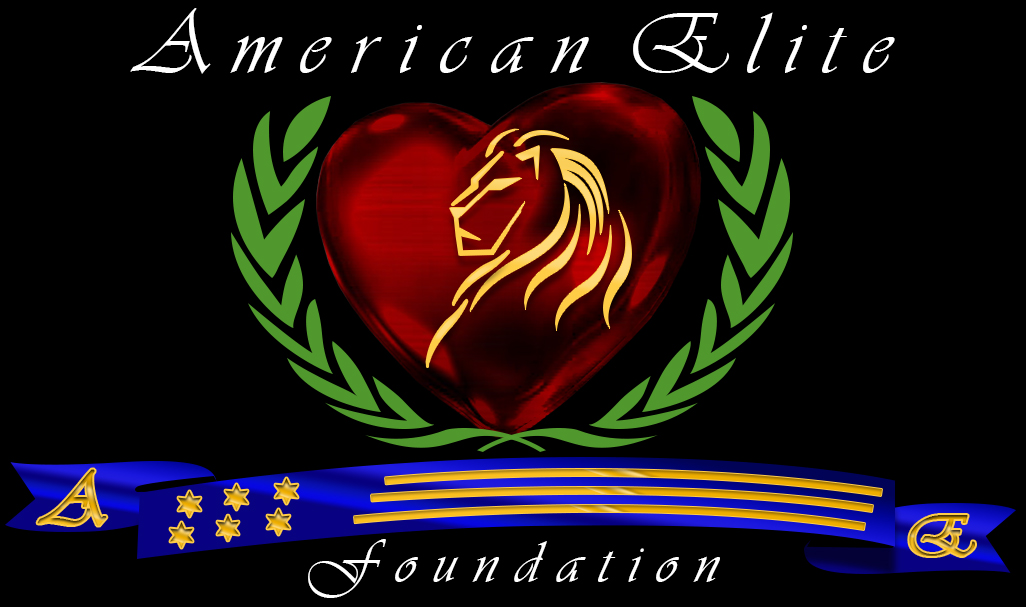Daniel Davidson, MD, MBA, DBA, PHD
Introduction
Charitable organizations are essential to the movement towards equality and inclusivity because they stand up for the rights and dignity of people with disabilities. These initiatives, which range from promoting legislative reforms to offering necessary services and building community support, are crucial to making the world more inclusive and accessible for everyone. This article explores the important work being done by nonprofit organizations that support inclusion and rights for people with disabilities.
Understanding the Challenges:
In the context of philanthropic endeavors pertaining to disability rights, “Understanding the Challenges” refers to identifying and admitting the substantial impediments and challenges that people with disabilities encounter on a daily basis. These obstacles can take many different forms, such as structural, societal, financial, and psychological barriers that prevent people from fully engaging in and contributing to society.
Physical barriers that people with disabilities may face include inaccessible buildings, a deficiency of ramps or elevators, and transit systems that are not built to meet their needs. These obstacles may limit their freedom of movement and independence, making it more challenging for them to obtain community resources, jobs, and other necessities.
Social stigma, prejudice, and preconceptions frequently play a role in the marginalization of individuals with disabilities. Misconceptions and unfavorable views of disabilities can result in bullying, social exclusion, and a lack of opportunity for meaningful relationships and social interaction. People with disabilities may experience serious consequences to their mental health and general well-being as a result of this lack of acceptance and understanding.
Financial hardship and poverty are more common among people with disabilities because of obstacles to education, discrimination in the workplace, and restricted access to economic possibilities. Many people struggle to get the inexpensive healthcare, assistive technology, and support services they need to maintain their independence and well-being.
Prejudice, ignorance, and a lack of awareness are examples of attitude obstacles that support the unfairness and discrimination against individuals with disabilities. These attitudes can take many different forms: they can be overtly discriminatory in the workplace, in the classroom, and in other spheres of life, or they might be paternalistic views that undercut the agency and autonomy of people with disabilities.
Encouraging Protest:
Disability rights-focused charitable organizations take part in advocacy campaigns to support laws and public perceptions that protect the rights and dignity of those with disabilities. They put up endless effort to guarantee that legislation already in place, such the UN Convention on the Rights of Persons with Disabilities internationally or the Americans with Disabilities Act (ADA) in the United States, are enforced.
These advocacy efforts could include educating the public through campaigns and educational programs, lobbying lawmakers, and exposing discriminatory behaviors in a range of industries. These groups promote inclusive society and structural change by elevating the voices of people with disabilities and their allies.
Encouraging Access and Accessibility:
Encouraging access and accessibility in a variety of contexts is a critical component of charitable initiatives supporting disability rights. This involves promoting accessible public spaces, transit, and infrastructure to guarantee that people with disabilities may safely and independently traverse their surroundings.
Nonprofit groups frequently offer tools and services to improve access to job, healthcare, education, and assistive technologies. These programs, which include accessible healthcare clinics, vocational training programs, and scholarships, seek to dismantle obstacles and enable people with disabilities to have happy, meaningful lives.
Building Inclusive Communities:
Charitable organizations concentrate on building inclusive communities where people with disabilities are respected and included, going beyond legislative and structural reforms. Promoting attitudes of acceptance, empathy, and respect for those with a range of abilities is part of this.
For people with disabilities, meaningful engagement and social integration are facilitated by community-based programs and initiatives. Recreational pursuits, peer support networks, and cultural gatherings that honor diversity and advance social inclusion are a few examples.
Sensitivity training and awareness initiatives work to dispel myths and preconceptions about people with disabilities and promote an understanding and empathy-based culture in society.
Collaboration and Partnership:
The success of charitable initiatives promoting disability rights and inclusion depends on the cooperation and joint efforts of a range of stakeholders, such as governmental bodies, corporations, non-profits, and the general public. Through the utilization of group knowledge, assets, and connections, these partnerships enhance influence and promote long-lasting transformation.
Charitable organizations can increase their reach, increase efficiency, and more skillfully handle difficult problems by forming strategic alliances. Partnerships across sectors, corporate sponsorship, or cooperative advocacy campaigns are just a few ways that collaboration encourages creativity and speeds up the transition to a more inclusive society.
Encouraging Employment Opportunities:
Nonprofits are essential in promoting the rights of people with disabilities in the workplace. Through policy lobbying, employer training programs, and projects that link people with disabilities to job opportunities, they seek to end discrimination and advance equal employment prospects.
A lot of nonprofit organizations offer support networks, job placement assistance, and vocational training to help people with disabilities advance their careers. These programs help people with disabilities become more economically independent and self-sufficient by supporting inclusive workplaces that embrace diversity and cater to the needs of employees with disabilities.
Reducing Healthcare Disparities:
In order for people with disabilities to enjoy long, healthy lives, they must have access to high-quality healthcare. Disability rights and inclusion charitable organizations fund programs that cater to the specific healthcare requirements of people with disabilities and fight for fair access to healthcare services.
This could entail promoting healthcare policies that give this population’s needs first priority, campaigning for accessible medical facilities and equipment, and increasing public awareness of the disparities in healthcare that affect people with disabilities. Charitable organizations may also offer healthcare services, such outreach programs or specialty clinics,that are especially designed for people with disabilities.
Encouraging Cultural and Recreational Inclusion:
Efforts to promote cultural and recreational inclusion in the context of disability rights and inclusion go beyond the domains of education, work, and health care. The goal of these programs is to guarantee that people with disabilities have equal access to leisure opportunities, cultural events, and recreational activities.
To make their programs and facilities accessible to people with disabilities, charitable organizations might work with cultural institutions, recreational centers, and event planners. In order to meet the demands of a wide range of users, this may entail supplying assistive technology, providing sensory-friendly experiences, and applying inclusive design principles.
These programs enhance the social integration, quality of life, and well-being of people with disabilities by encouraging cultural and recreational involvement. As a result, everyone benefits from a more lively and inclusive community.
Conclusion:
The advancement of equality, dignity, and opportunity for people with disabilities is contingent upon charitable endeavors pertaining to disability rights and inclusion. These programs foster systemic change and a more inclusive society where everyone can prosper regardless of ability through community development, advocacy, access promotion, and teamwork.
In order to ensure that the needs and voices of people with disabilities are acknowledged, valued, and given priority in our shared effort to create a more equitable and inclusive society, let’s continue to support and elevate the work of nonprofit organizations committed to disability rights as we celebrate the progress that has been made thus far.
